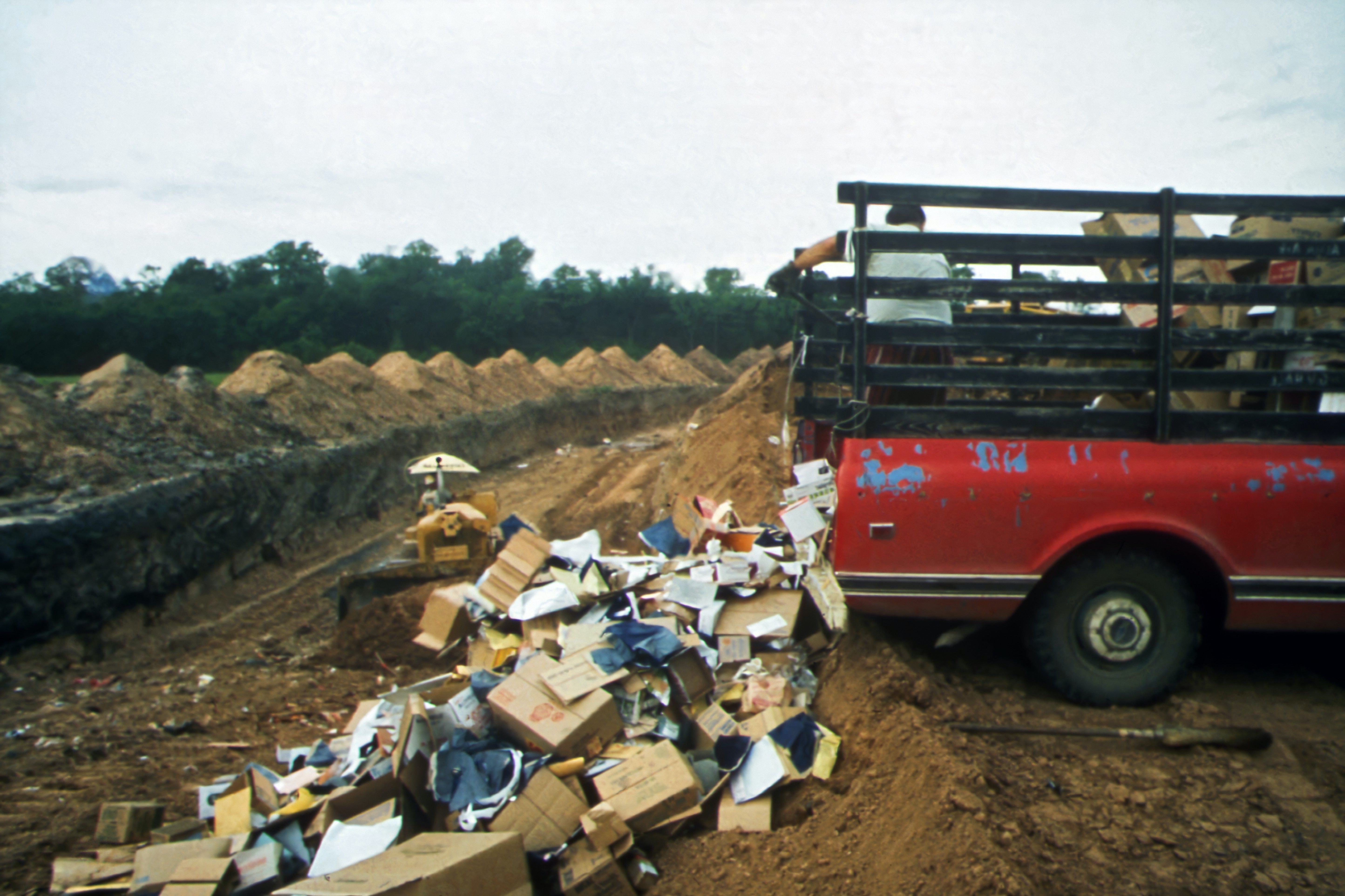We often speak about climate change in terms of mitigation or adaptation. But what are the impacts of climate change in chemicals and waste management? Vice versa? Are they linked at all?
This UNEP report says yes, directly and substantially. Across different regions, projected impacts from climate change in terms of chemical and waste range from local contamination of POPs due to disruption of pipelines and storage facilities to unintended releases from increased movement of POPs. Particularly in SIDS, the risks of coastal flooding, heat stress, changes in precipitation patterns (climate change impacts) are anticipated to lead to increased releases of hazardous chemicals from waste disposal sites and other disrupted infrastructure, as well as increased fertilizer and pesticide use.
Overall, the report elaborates on from the baseline findings that: climate change can lead to increased releases of hazardous chemicals into the environment; and in contrary, chemicals production can give rise to both hazardous chemicals and GHGs. The waste sector in fact, is identified a potential source of GHGs and hazardous chemicals.
Therefore, in order to devise a more holistic approach to chemicals and waste management within the context of accelerating climate change, the report underlines both synergies and trade-offs between mitigation measures for GHG emission and hazardous chemicals, as well as opportunities exist for aligning inventories of GHGs and hazardous chemicals.
Take a look at this report to find out the lesser known, but equally crucial impacts of climate change in the language of chemicals and waste.

